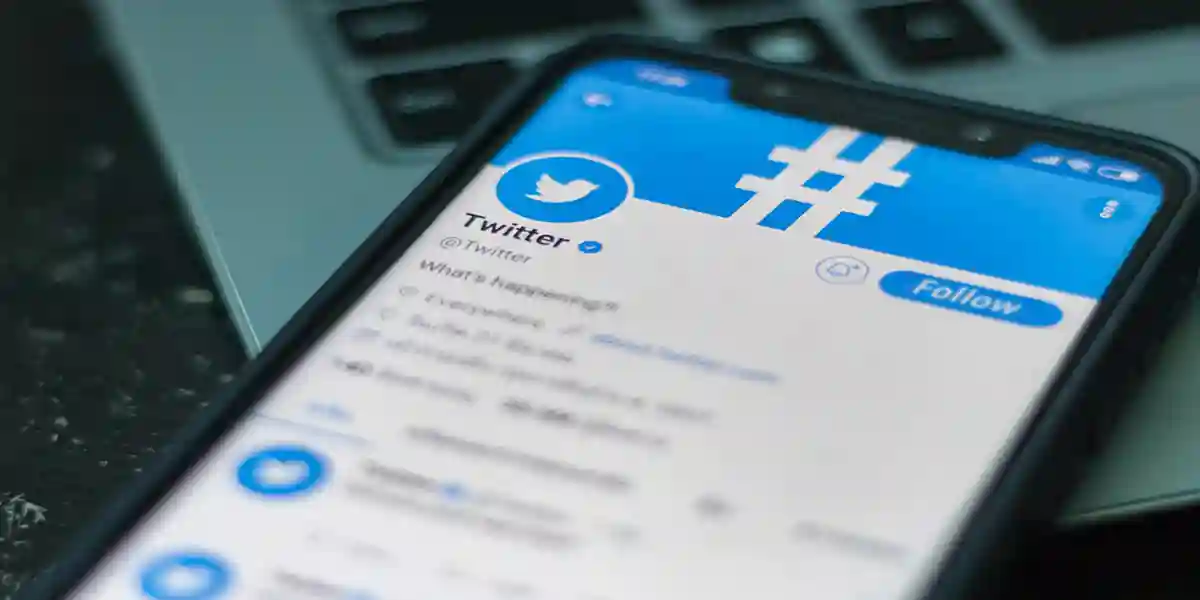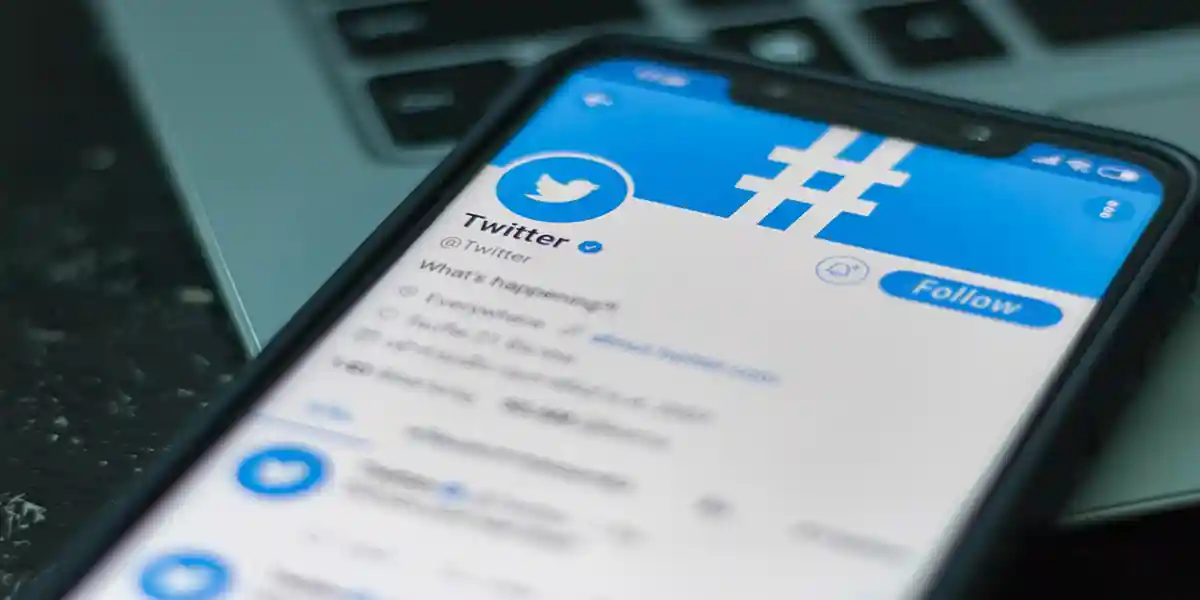Elon Musk, the co-founder and CEO of Tesla and SpaceX, has over 30 million Twitter followers. This social media CEO’s top tweet of 2019 received over 186,000 retweets and 795,000 (and counting) likes. It also got thousands of replies:
If life is a video game, the graphics are great, but the plot is confusing & the tutorial is way too long
— Elon Musk (@elonmusk) December 12, 2019
Many have written about Musk’s funny, sometimes weird, and occasionally inflammatory tweets. And many noticed his social media presence when he threatened to take Tesla private in a 2018 tweet. As a result of that tweet, Tesla’s stock skyrocketed, and Musk was fined $20 million by the U.S. Securities and Exchange Committee for fraud. Now, Musk must get permission from his lawyers before he posts any Tesla-related tweets.
Am considering taking Tesla private at $420. Funding secured.
— Elon Musk (@elonmusk) August 7, 2018
Musk’s over-the-top tweets aside, there is ample evidence that social media use is good for CEOs and their companies.
Why social media CEOs are better
Today, CEOs are expected to use social media. According to Brunswick, 65 percent of U.S. workers think CEOs should share information about their companies through Twitter, LinkedIn, Instagram, or other platforms. This is especially true during a crisis. And according to a survey done by Sprout Social, before joining a new company, most American workers say they check the CEOs social media presence first.
In addition, DDI research finds that social CEOs are better than non-social CEOs at several core leadership skills. These skills include influencing, communication, cultivating networks, driving results, and making decisions. They’re also better at empowering others. Likely because they’re better leaders, social media CEOs are also more likely to lead companies on either the Glassdoor or the Fortune 100 Best Places to Work.
DDI’s latest analysis adds to this research. We found that 40 percent of the CEOs on Harvard Business Review’s (HBR) 2019 Best Performing CEOs are active on LinkedIn, Twitter, or both. (This is up from 20 percent of the CEOs on HBR’s 2016 list.) Perhaps most notable, there is a directional relationship between rank on the 2019 list and social media use. This means those who are ranked higher are slightly more likely to be active on social media than those ranked lower on the list.
Social media CEOs are more transparent
Why are social media CEOs better CEOs? There are many reasons, but a big one is transparency. When leaders use social media to share their thoughts, feelings, and rationale with others (one of DDI’s Key Principles), they build trust.
As employees or consumers, we don’t have to wonder about the priorities of social CEOs or their values. We can read them first-hand, in their own words, through their social media accounts. In fact, CEOs who use social media are perceived to be more accessible, approachable, and “human.” And, their transparency is rewarded with greater brand loyalty and greater purchase intent, especially during times of crisis.
For example, T-Mobile’s CEO John Legere used his personal Twitter account to field customer concerns about the Experian data breach of 2015, even though T-Mobile was not responsible for the breach. He tweeted a link to the company’s official response to the breach from his personal account, and then answered several customer questions on Twitter throughout the night after the breach was announced. He also kept customers up-to-date on Twitter about what T-Mobile was doing to address the situation:
I hear you re: Experian as service protection option. I am moving as fast as possible to get an alternate option in place by tomorrow.
— John Legere (@JohnLegere) October 1, 2015
Even though it’s been nearly five years, Legere’s use of Twitter to offer personal attention to his customers has continued to grow his social media presence. His personal Twitter account has nearly 6.6 million followers today. He continues to use the platform to build trust and brand loyalty, through a mix of tweets that show off his quirky personality and in those where he’s become a glowing example how to provide top notch customer service.
What social media CEOs are saying
So, what are CEOs talking about on social media?
We analyzed the Tweets and LinkedIn posts from the 2019 HBR Best Performing CEOs, and we found three main themes.
1. Promote new products / services / partnerships / publications
Not surprisingly, most CEOs use social media to talk about their products and services. The top Tweet of 2019 for Apple’s CEO Tim Cook announced the release of 2nd generation AirPods. It received over 69,000 likes.
— Tim Cook (@tim_cook) March 20, 2019
And in April, Robert Iger, Chairman and CEO of The Walt Disney Company, posted his top Tweet of 2019. It gave consumers a “sneak peak” at the new Disney+ streaming platform, and it received over 66,000 likes:
Thrilled to share a first look at Disney+ with you! pic.twitter.com/iiqjFjaNra
— Robert Iger (@RobertIger) April 11, 2019
2. Share awards / positive reviews
Similarly, many CEOs use their social media presence to highlight awards and positive publicity. For example, Jean-Pascal Tricoire, CEO of Schneider Electric, tweeted about his keynote presentation at The Economist’s 2019 Innovation Summit in Chicago:
It's great to be at our #InnovationSummit with customers, partners & suppliers who are at the forefront of the #digital revolution. Watch my keynote presentation to hear how co-innovation & collaboration are empowering us to embrace #DigitalTransformation.
https://t.co/JO1SlGAylX pic.twitter.com/KFhs6xB5Ee
— Jean-Pascal Tricoire (@jptricoire) October 2, 2019
3. Highlight issues they care about
Finally, many social media CEOs use social platforms to talk about topics that are important to them. For example, the top tweet of 2019 for Marc Benioff, CEO of Salesforce, focused on gun violence in America. And the top tweet for Satya Nadella, CEO of Microsoft, spoke out against the Christchurch mosque attacks.
HBR’s 2019 Top Performing CEOs also used Twitter to highlight sustainability and environmental issues, diversity, cyber security, and other social issues, including support for military veterans, mental health, homelessness, immigration, privacy, and affordable housing.
Having a social CEO is not just a ‘nice to have’
Social media CEOs are, of course, using the platforms to promote their company’s products and services. But they’re also using social media to be transparent and take a stand on environmental and social issues that are important to everyone with a stake in the company. And now, social media presence is not just a “nice to have” for top CEOs. Their customers, employees, shareholders, and even the communities where they operate are not only expecting them to be on social media, but that they use the platforms as a channel to take a stand on the issues that matter.
Learn more about DDI's CEO Services.
Andrea Ruttenberg, PhD, is a senior research consultant in the Center for Analytics and Behavioral Research (CABER) at DDI.
Topics covered in this blog

